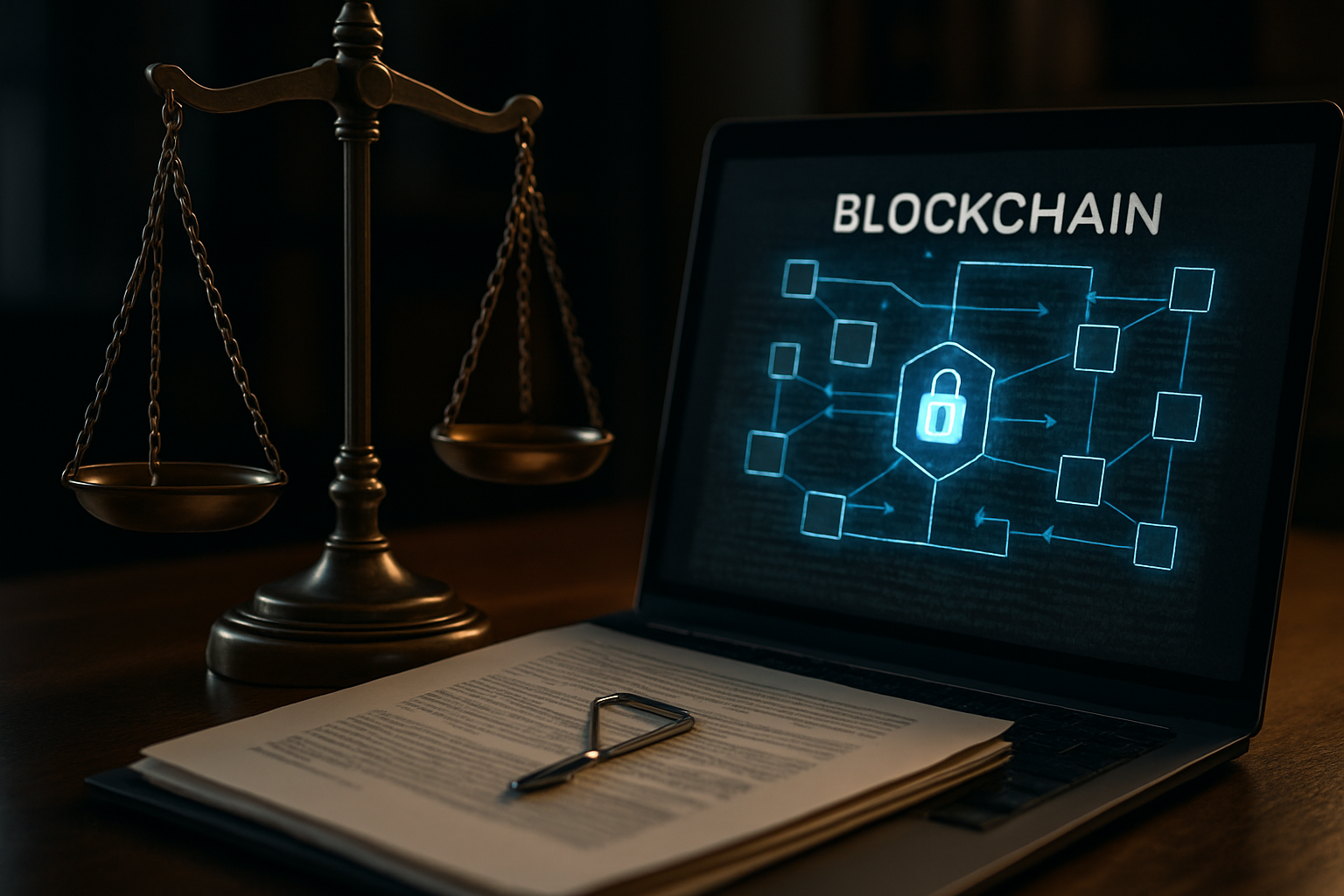Navigating the Legal Maze of Virtual Real Estate
Introduction: As the digital realm expands, a new frontier of property ownership has emerged: virtual real estate. This article delves into the complex legal landscape surrounding digital property in virtual worlds, exploring the challenges and opportunities that arise when pixels become prized possessions.

Defining Ownership in the Digital Realm
The concept of ownership in virtual real estate presents unique challenges for legal systems traditionally grounded in physical property. Unlike tangible assets, virtual properties exist solely as data within servers owned by platform operators. This raises fundamental questions about the nature of ownership rights in digital spaces. Courts and legislators are grappling with how to apply existing property laws to these intangible assets, considering factors such as user agreements, platform terms of service, and the degree of control exerted by both users and platform operators.
Intellectual Property Concerns in Virtual Worlds
As users create and customize virtual properties, intellectual property rights become a central issue. The question of who owns the creative content within virtual spaces – the user, the platform, or a combination of both – remains contentious. Some platforms grant users full ownership of their creations, while others retain more control. This patchwork of policies creates a complex legal landscape, particularly when disputes arise over the use or sale of virtual assets. Copyright law, traditionally applied to tangible creative works, is now being stretched to accommodate these digital creations.
Smart Contracts and Virtual Real Estate Transactions
The emergence of blockchain technology and smart contracts has introduced new possibilities for virtual real estate transactions. These self-executing contracts, encoded on blockchain platforms, offer potential solutions for recording ownership, facilitating transfers, and enforcing agreements in virtual spaces. However, the legal status of smart contracts varies across jurisdictions, and their integration with existing legal frameworks presents challenges. Questions of contract validity, dispute resolution, and regulatory compliance in blockchain-based virtual real estate transactions are at the forefront of legal discussions.
Jurisdictional Challenges in Virtual Worlds
Perhaps one of the most complex issues surrounding virtual real estate is the question of jurisdiction. Virtual worlds often transcend national boundaries, with users, servers, and platform operators potentially located in different countries. This global nature complicates legal proceedings, as it becomes unclear which jurisdiction’s laws should apply in disputes over virtual property. Some legal experts advocate for the development of international guidelines or treaties to address these jurisdictional challenges, while others propose the creation of specialized virtual world courts.
Taxation and Virtual Property
As virtual real estate gains real-world value, tax authorities are beginning to take notice. The question of how to tax virtual property transactions and income generated from virtual assets is becoming increasingly relevant. Some countries have started to develop frameworks for taxing virtual goods and services, but a cohesive international approach is yet to emerge. This creates potential for tax arbitrage and raises concerns about fair taxation in the digital economy.
Consumer Protection in Virtual Real Estate Markets
The rapid growth of virtual real estate markets has outpaced regulatory frameworks, leaving consumers vulnerable to fraud, scams, and market manipulation. Regulatory bodies are now considering how to extend consumer protection laws to virtual property transactions. This includes addressing issues such as misleading advertising, unfair contract terms, and the need for transparent pricing in virtual real estate markets. Balancing consumer protection with the need for innovation in this emerging sector presents a significant challenge for policymakers.
The Future of Virtual Real Estate Law
As virtual worlds continue to evolve and intersect with our physical reality, the legal framework surrounding virtual real estate will undoubtedly develop. Legal experts anticipate the emergence of specialized virtual property law practices and the integration of virtual assets into existing property law systems. The coming years will likely see landmark court cases that help define the boundaries of virtual property rights and set precedents for future disputes.
In conclusion, the legal landscape of virtual real estate is a rapidly evolving field that challenges traditional notions of property, ownership, and jurisdiction. As virtual worlds become increasingly integral to our social and economic lives, the development of clear, fair, and adaptable legal frameworks for virtual real estate will be crucial. This emerging area of law offers exciting opportunities for legal innovation and will play a vital role in shaping the future of digital economies and virtual societies.






